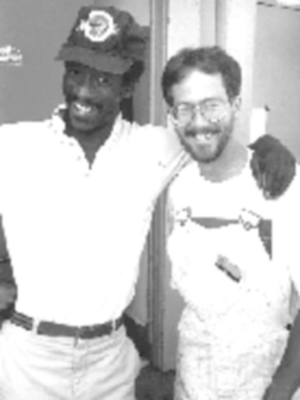The term “addiction” is used in many contexts to describe an obsession, compulsion, or excessive physical dependence or psychological dependence, such as: drug addiction, video games, crime, alcoholism, compulsive overeating, problem gambling, computer addiction, pornography, compulsive shopping, workaholism, over exercising, etc.
such as: drug addiction, video games, crime, alcoholism, compulsive overeating, problem gambling, computer addiction, pornography, compulsive shopping, workaholism, over exercising, etc.
Addiction severely impacts not only the addicted or dysfunctional person but also everyone who comes in contact with them (loved ones, friends, family, children, co-workers, neighbors, associates, etc.).
Addiction may involve having a dependence on a substance (i.e., alcohol, marijuana, food, prescription or nonprescription drugs) or an activity (i.e., shopping, gambling, hoarding, self-injury, etc.). It can be either a physical (as in the case of most drugs) or psychological (as in the case of most activities) compulsion to use the substance of activity as a way to cope with everyday life, problems and/or circumstances. The dysfunctional person will often have deep seated feelings of guilt and shame which they try to cover up.
Addiction is a habitual behavior that is extremely difficult to control and leads to activities that are designed solely to continue or cover up the addiction itself (e.g., an alcoholic hiding bottles around their home, the drug addict embezzling to support their habit, lashing out in anger blaming others for their own behaviors or consequences of those behaviors).






 expectations of greatness have far exceeded my wildest dreams or imaginations and the simplicity has astounded me — a simpleton (not meaning that in a self-deprecating way).
expectations of greatness have far exceeded my wildest dreams or imaginations and the simplicity has astounded me — a simpleton (not meaning that in a self-deprecating way). such as: drug addiction, video games, crime, alcoholism, compulsive overeating, problem gambling, computer addiction, pornography, compulsive shopping, workaholism, over exercising, etc.
such as: drug addiction, video games, crime, alcoholism, compulsive overeating, problem gambling, computer addiction, pornography, compulsive shopping, workaholism, over exercising, etc.

